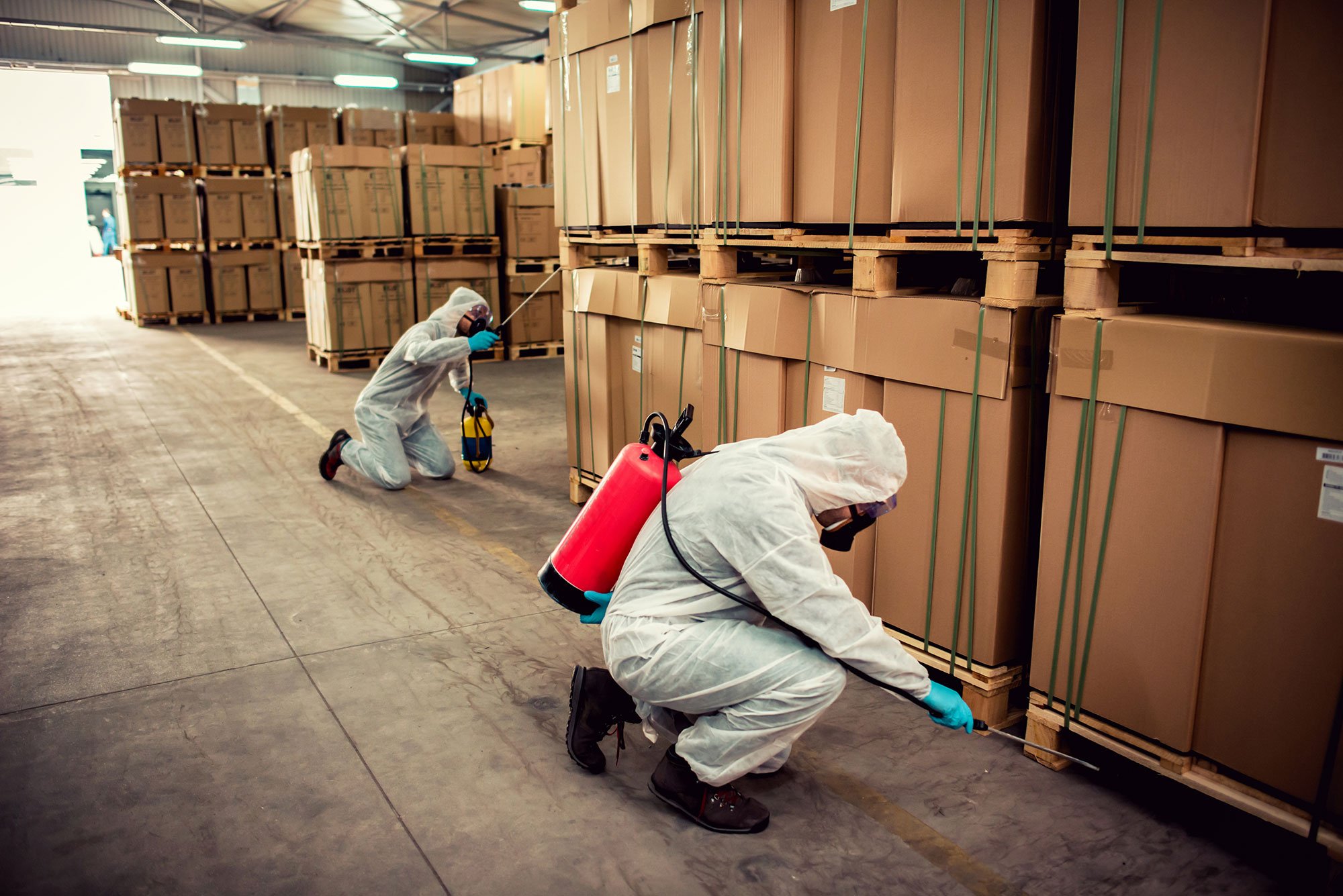As someone in the hospitality industry, you know that pests can wreak havoc on your business. Not only do they present hygiene and health risks, but they can also damage your reputation and negatively impact your bottom line. This is why it’s crucial for Sydney’s hospitality industry to have comprehensive pest control plans in place.
Sydney is known for its bustling food scene, with countless restaurants, cafes, hotels, and bars catering to locals and tourists alike. However, this dense population also makes it an ideal breeding ground for pests. Cockroaches, rodents, flies, and bed bugs are just a few of the many pests that are commonly found in the city’s eateries and accommodation facilities.
A single pest sighting or negative review mentioning pests can quickly spiral into a full-blown infestation or worse – cause permanent damage to your business’s reputation. A comprehensive pest control plan is not only necessary to prevent these scenarios from happening but also ensures compliance with food safety regulations.
So what exactly does a comprehensive pest control plan entail?
Regular Inspections: The first step in any effective pest control plan is regular inspections by licensed professionals who are trained to spot early signs of infestations. These inspections should be conducted at Sydney least once a month as part of routine maintenance.
Targeted Treatment: Depending on the size of your facility and type of business (restaurant vs hotel), different treatment methods may be needed to address specific types of pests. For example, bait stations may be more effective for roaches while chemical sprays may work better for bed bugs or flies.
Preventive Measures: In addition to treating existing infestations, preventive measures should also be taken to minimize future risks. This could include sealing entry points such as cracks or holes where vermin can enter from the outside or implementing proper waste management practices.
Employee Training: The best way to prevent an infestation from occurring is by having well-trained staff who understand how potential issues can be spotted and addressed early. It’s important to regularly train employees on proper hygiene practices, cleanliness standards, and how to identify signs of pests.
Documentation: An essential aspect of a comprehensive pest control plan is thorough documentation. This includes keeping records of inspections, treatments, and any preventive measures that have been implemented. These records not only provide evidence for compliance purposes but also serve as a reference point for future pest control efforts.
In conclusion, pests are an unavoidable reality in the hospitality industry. However, with a comprehensive pest control plan in place, you can effectively prevent infestations and maintain the reputation and hygiene standards of your business. Make sure to work with reputable pest control companies that have experience working with businesses in the hospitality industry to ensure effective and long-term solutions.



